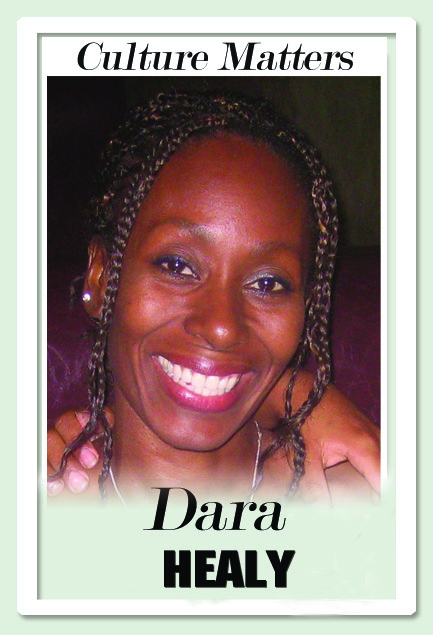Birthday reflections

“...difference in religion, difference in modes of cultural affirmation, require a new agenda of perspectives, a wholly new way of looking at the concept of nation, of finding a way to immunise sense and sensibility against the virus of ethnic nationalism...to negotiate the cultural spaces that are the legitimate claim of ‘the other,’ and to work toward an environment that could manage stability as a state of creative conflict…”
– George Lamming, Conversations II (Coming, Coming Home), 1995
WE STAND on the cusp of another Independence Day. We are growing up and soon we will turn 58. At midnight on August 30, 1962, with much pomp we lowered the British flag and proudly raised our own. On August 31, we were free. Well, almost. It would take another 14 years before we removed the position of governor general. In 1976, by becoming a republic, we finally felt confident enough to replace the representative of the Queen of England with a president, a citizen of TT, as our head of state.
In these extraordinary times, once again, we are being called on to choose, to define what growing up means to us. Once again, we must interrogate – are we still holding on to the skirt tails of a mother who did not give birth to us? Are we overstaying our welcome in a household that never cared about our well-being? In this moment in time, how do we define nationhood? How do we negotiate our “creative conflict” to craft a space that is independent and free for us all?
In the immediate post-independence era, it was believed that the path to cultural, political and economic sovereignty would emerge from our diversity. It was believed that if we reached deep into our folk, spiritual and language traditions, that our differences would unite and help us grow.
At the core of this new type of freedom would be our cultural practitioners. Jamaican Professor Norman Girvan was clear that “our writers, artists, musicians – those who labour in the world of cultural production – have been the torchbearers in this wonderful endeavour” of Caribbean unity.
In TT, such debates were crucial to understanding our own process of nation-building. Here, perhaps more than other Caribbean nations, space had to be negotiated.
Indigenous, African, Indian, European and other world views co-existed, some may even say harmoniously.
At 58 we are faced with a world that is dealing with many of the same issues from that first independence. Yesterday, we commemorated the 1963 March on Washington led by Dr Martin Luther King. This march, attended by hundreds of thousands, demanded an end to segregation, equal opportunities and voting rights for all. Indeed, the words on the placards back then reveal demands for equality and justice being made across the globe today.
In light of another police shooting this week in the US, anti-racism boycotts by major sports leagues are now causing heavy financial losses in the sporting world. Popular uprisings over climate change are also becoming the norm as, quietly, more plastic continues to enter our blood streams through the food we consume.
Against this backdrop, what are the priorities for an independent nation? In TT, do our legal system and type of government serve our complex society? If one listens carefully, even those calling for change still frame their arguments within a win-lose paradigm.
In a nation beleaguered by issues including racial inequality, unfair worker and gender practices, it appears that we talk about dismantling colonial structures, but still have not done enough to replace them with systems that work for everyone. In this reality, who loses and who wins?
As we age, the creative sector continues to drift towards more externally driven, commercially based notions of viability. We unimaginatively adopt a “tagged on” approach to including creativity in our evolution; tagged on as entertainment, as supports to tourism or community development, or as backdrops to foreign talent. The vision of culture providing solutions to self-alienation is yet to be realised.
Our birthday is happening in a world that makes it difficult to recreate the euphoria of that first independence. We celebrate our decades, but we are actually centuries old; older and wiser than the foreign concepts we hold on to.
Lamming asked “...how to control the burden of this history and incorporate it into our collective sense of the future...” Surely, answering his question is part of the responsibility of getting older.
Certainly, putting it into practice would be a sign of true independence.
Dara E Healy is a performance artist, communications specialist and founder of the NGO, the Indigenous Creative Arts Network – ICAN


Comments
"Birthday reflections"